Sterling rose 0.8 percent against the euro on Thursday to trade at its strongest since before Sunday's first round of France's presidential election, when a victory for the market-friendly Emmanuel Macron drove a surge in the single currency. Its gains were largely due to broad weakness in the euro, which fell across the board after European Central Bank President Mario Draghi said policymakers did not discuss removing the bank's monetary policy easing bias at this month's meeting.
The pound was trading around 84.26 pence per euro by 1410 GMT, up from around 84.51 pence before Draghi's press conference, as the euro fell on disappointment that a pick-up in growth and inflation had not driven a broad change of stance among ECB rate-setters.
"Euro bulls were disappointed with Draghi. They were looking for something to cling on to," said ING currency strategist Viraj Patel. "No one was really expecting a massive shift in policy stance, but just something to say June is a live meeting when it comes to signalling the end of QE."
Patel added that sterling - which outperformed the dollar against the euro - had also been boosted by a speech by German Chancellor Angela Merkel, who said the European Union would only agree on future ties with London after they have nailed down a deal to leave.
"There was speculation about Merkel saying a two-year negotiation window looked a bit tricky, which fuels this sentiment about a transition deal after the two-year Article 50 window is closed," he said.
Against the dollar, sterling climbed 0.3 percent to $1.2886, helped too by polls showing Prime Minister Theresa May on course for a landslide in the election she has called for June.
The pound rose by as much as 4 cents when May announced the election nine days ago, but investors have looked unsure about driving the pound higher in the days since. Bank of America Merrill Lynch strategist Kamal Sharma said May's lead in the polls had seen off any downward pressure on the pound, leaving it clear to benefit from tax flows which historically tend to push it higher in April.
"The impact of the election has diminished downside risks," he said. "That has largely played out in terms of its impact on cable and now we are reverting back to the seasonal outperformance."
Over the past 12 years, sterling has risen by an average of 2.3 percent every April. It is up around 2.5 percent for the month so far.
Sharma cautioned that the pound tends to do less well in May. "Our forecasts were for one final dip and then sterling to gravitate towards some notion of fair value."
BR100
15,085
Increased By
112.5 (0.75%)
BR30
44,012
Increased By
987.7 (2.3%)
KSE100
148,618
Increased By
1274.3 (0.86%)
KSE30
45,248
Increased By
370.7 (0.83%)







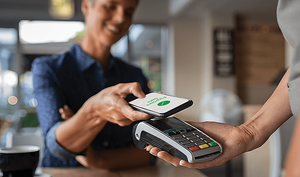





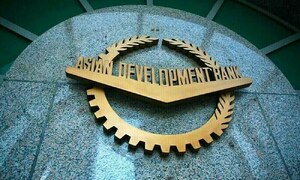

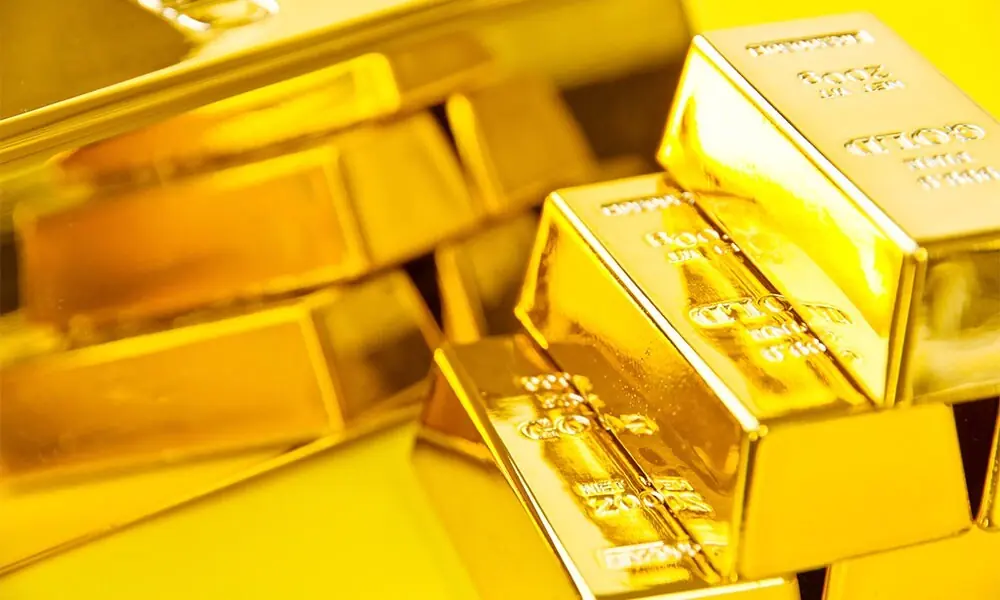
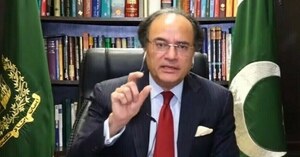


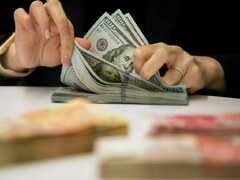

Comments
Comments are closed.